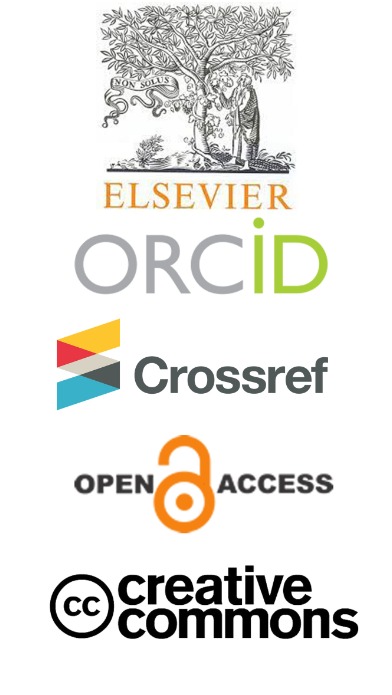Flipped Classroom And Digital Classes In Morocco: Experience Quality Educational Digitization With Ease
Abstract
After the global health crisis caused by the coronavirus COVID-19 pandemic, a digital transformation accelerated in all sectors as a transitional solution to sustain educational continuity. In this context, new teaching practices and approaches were adopted at the beginning of 2020 to ensure fairness and equal opportunities between learners.
In this framework and to analyze the association of e-learning and face-to-face teaching, this study focuses on the manipulation of information and communication technologies in education (ICT) to support alternation learning, as well as the evolution of digital pedagogy, which has become one of the most appropriate forms of learning for various social groups (disabled, refugees...) and in different circumstances (war, pandemic...).
This situation has given way to pedagogical innovations in schools to remedy the lack and make the student active in a digital learning process. This study focuses on evaluating teaching by the flipped classroom method. It makes it possible to avoid the obstacles that hinder learners' motivation in the face of this pedagogical type by focusing on integrating new technologies. The teacher can present the course through the digital tool, using an educational platform, allowing each student to learn and evolve at their own pace without losing learning motivation.



